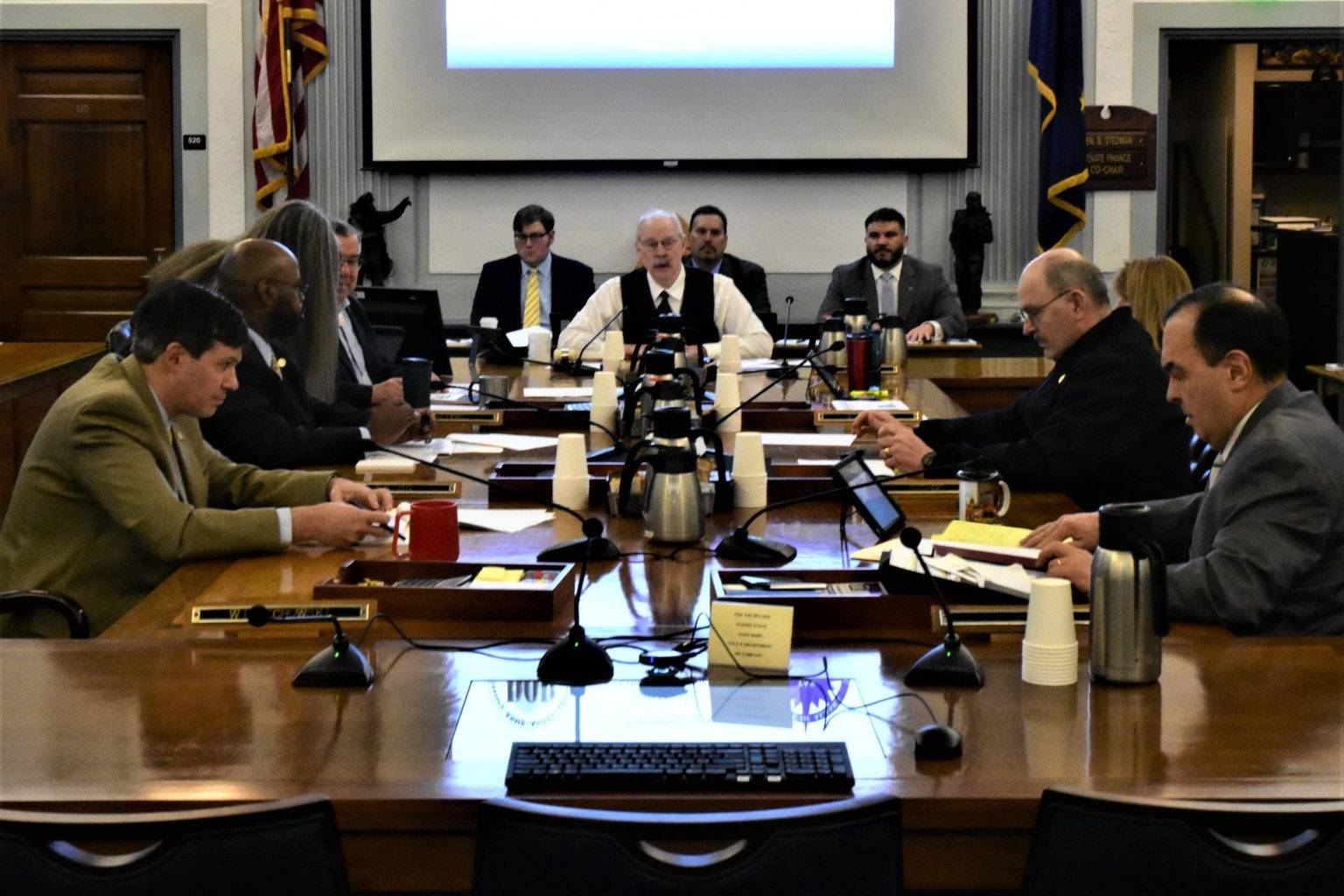The State of Alaska can expect declining revenue from oil taxes as production on the North Slop is set to decline. That was the message given to the Senate Finance Committee in their meeting with Department of Revenue staff Tuesday morning.
Staff walked senators through this year’s income as well as projections for the next few years based on oil companies past tax returns and future estimates.
The largest portion of the state’s income is from investments which go into the Permanent Fund, Daniel Stickel, DOR’s chief economist said. After that the largest portions of state revenue come from the federal government and petroleum revenues.
The rest of the state’s economy, including things like tourism, fishing and mining, accounted for roughly 10% combined of the state’s income, Stickel said.
With oil taking up so much of the state’s income, the majority of the presentation focused on oil revenues and production forecasts. Oil revenues have been declining over the past few years, and projections show declines continuing due to drops in the price of oil, according to Stickel.
Despite the drop in oil prices, the state’s revenue for the next few years appears stable, according to Stickel.
“The state share of the property tax, new investments, corporate income tax, show relative stability,” Stickel said. “That’s based on the expectation companies are figuring out how to make profits under the current (oil) prices.”
For Fiscal Year 2021 the state is expected to bring in $11.3 billion from the petroleum industry, Stickel said. But over the next few years the industry is looking at declining oil prices as well as a dip in production as the cost of transportation goes up and companies spend more investing in aging infrastructure.
Also looming over the state’s finances is the potential repayment of refundable tax credits owed to producers.
In 2018, the Legislature passed a law issuing refundable tax credits to oil companies trying to invest in Alaska.
“The whole premise was we’re going to give you these massive tax breaks and they’re going to take that money and reinvest in Alaska and we’re going to get all this new production and new jobs,” said Sen. Bill Wielechowski, D-Anchorage. “And that has been proven to be a completely false premise.”
But the law, HB 331, has been challenged as unconstitutional and is currently before the Alaska Supreme Court. If the law is struck down, the state will have to find a way to pay the $700 million currently owed to producers.
The state has been paying some of the credits back, according to Mike Barnhill, acting director of DOR. But since the litigation was filed, that process has been in a “hold pattern,” according to Barnhill.
One of the ways the state could pay those credits is through annual appropriations in the Legislature, but the governor’s proposed budget doesn’t allocate funds for those payments.
What the Legislature decides to do is still undetermined.
“The whole dynamic and context around the state has been how do we deal with these statues that on their face suggest payments of certain amounts,” Barnhill told the committee. “We don’t have the money to pay all of them, we’re trying to figure out a way forward.”
• Contact reporter Peter Segall at 523-2228 or psegall@juneauempire.com.

